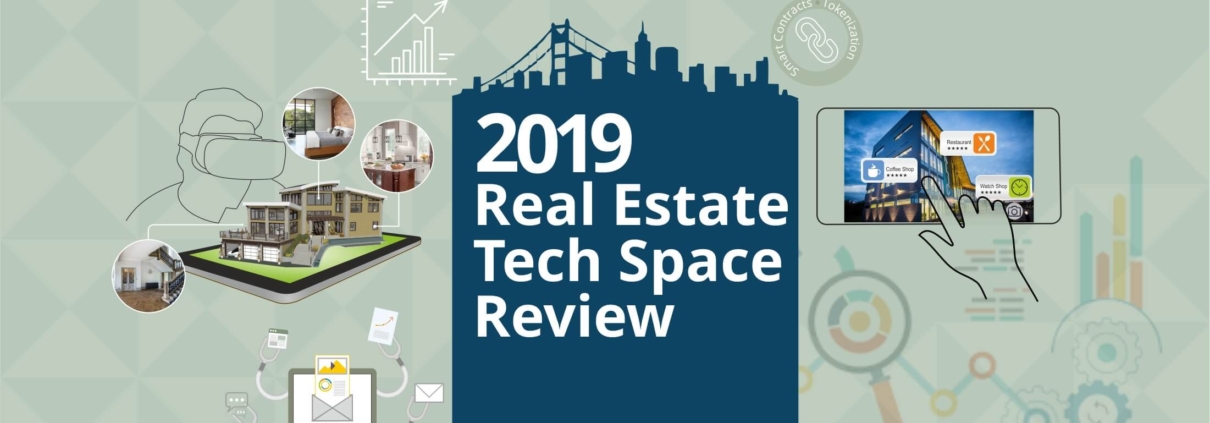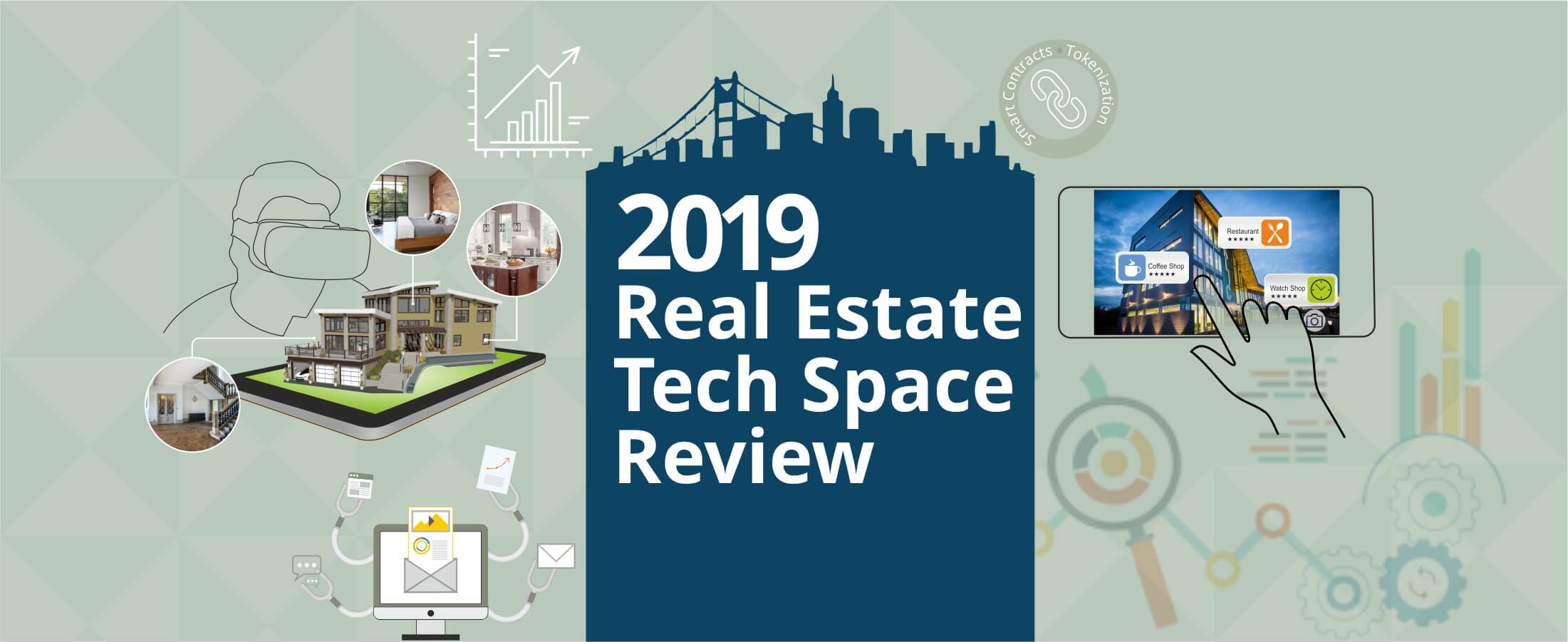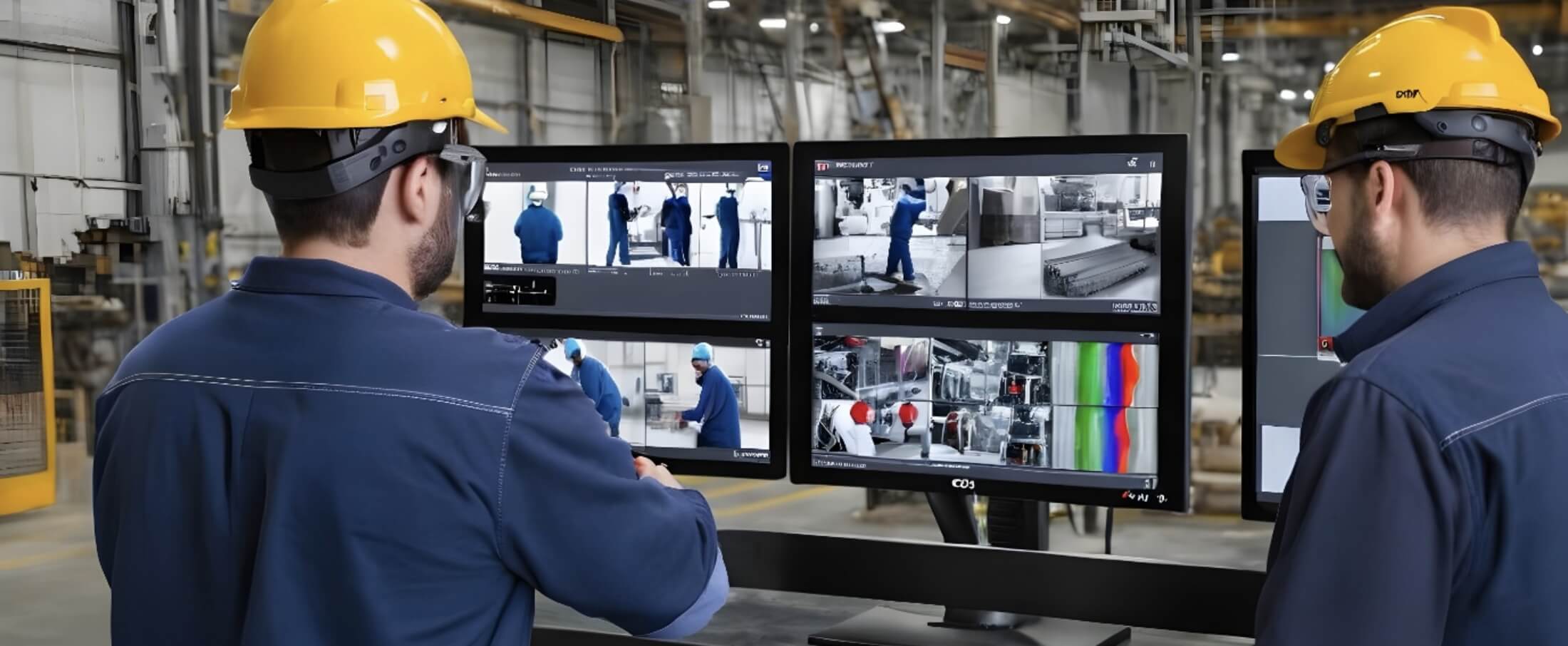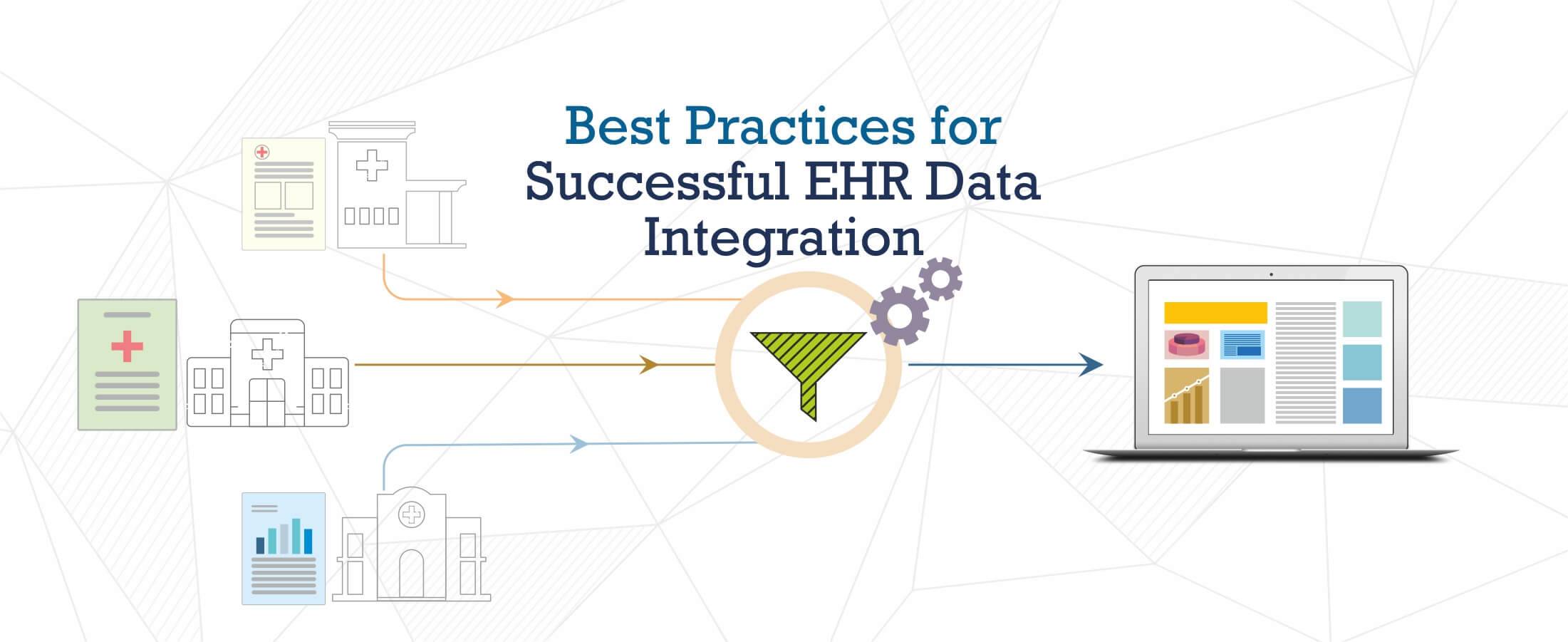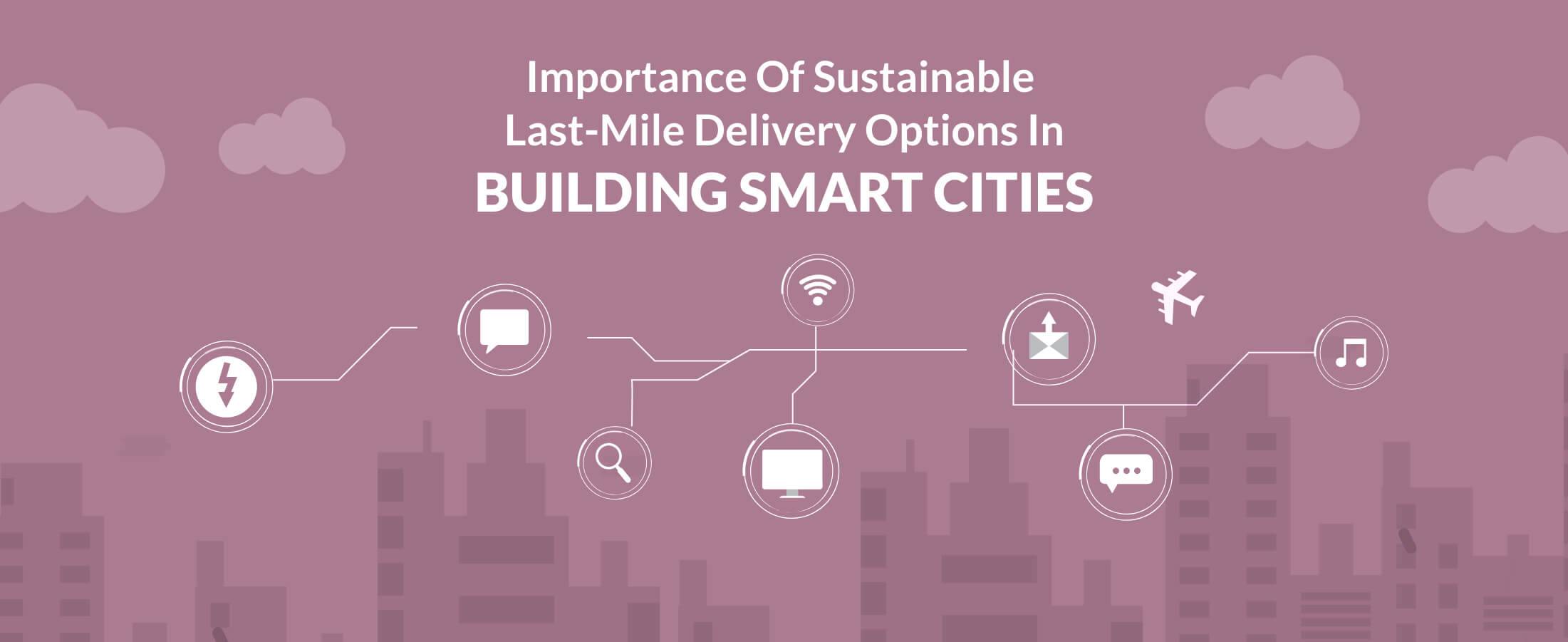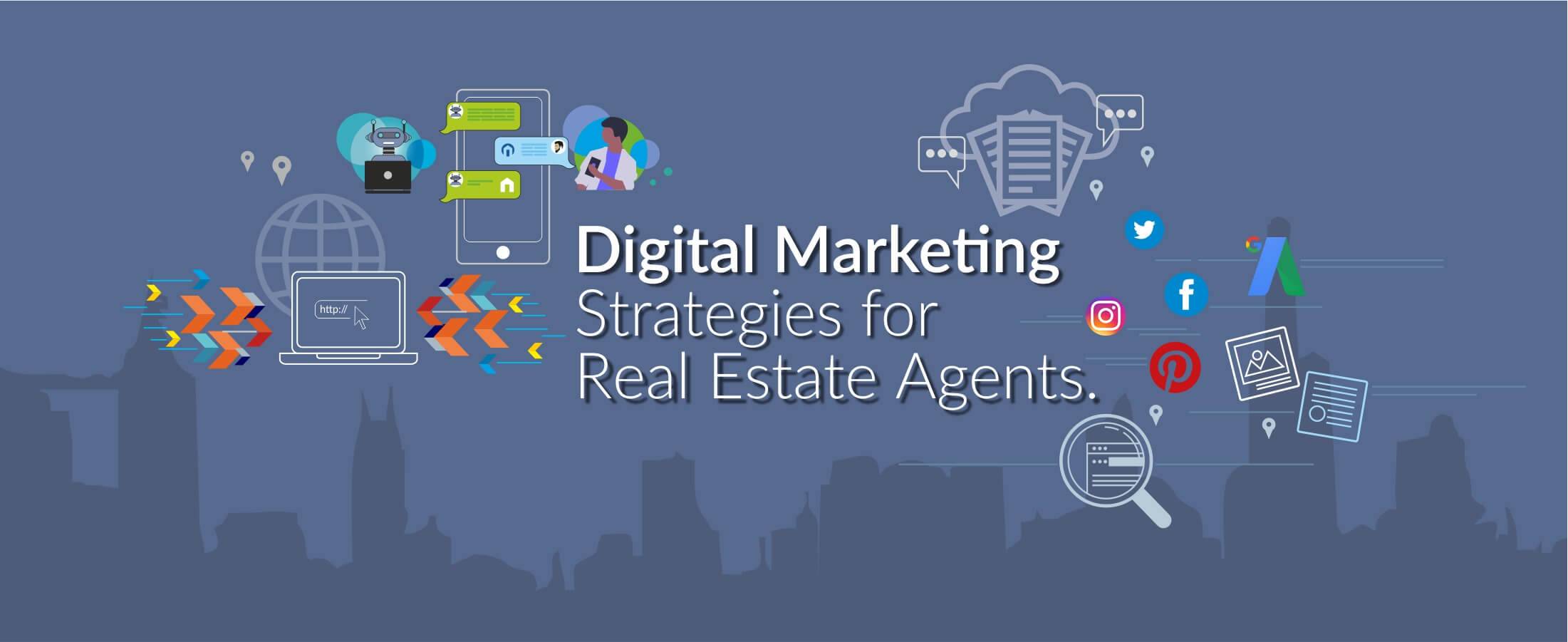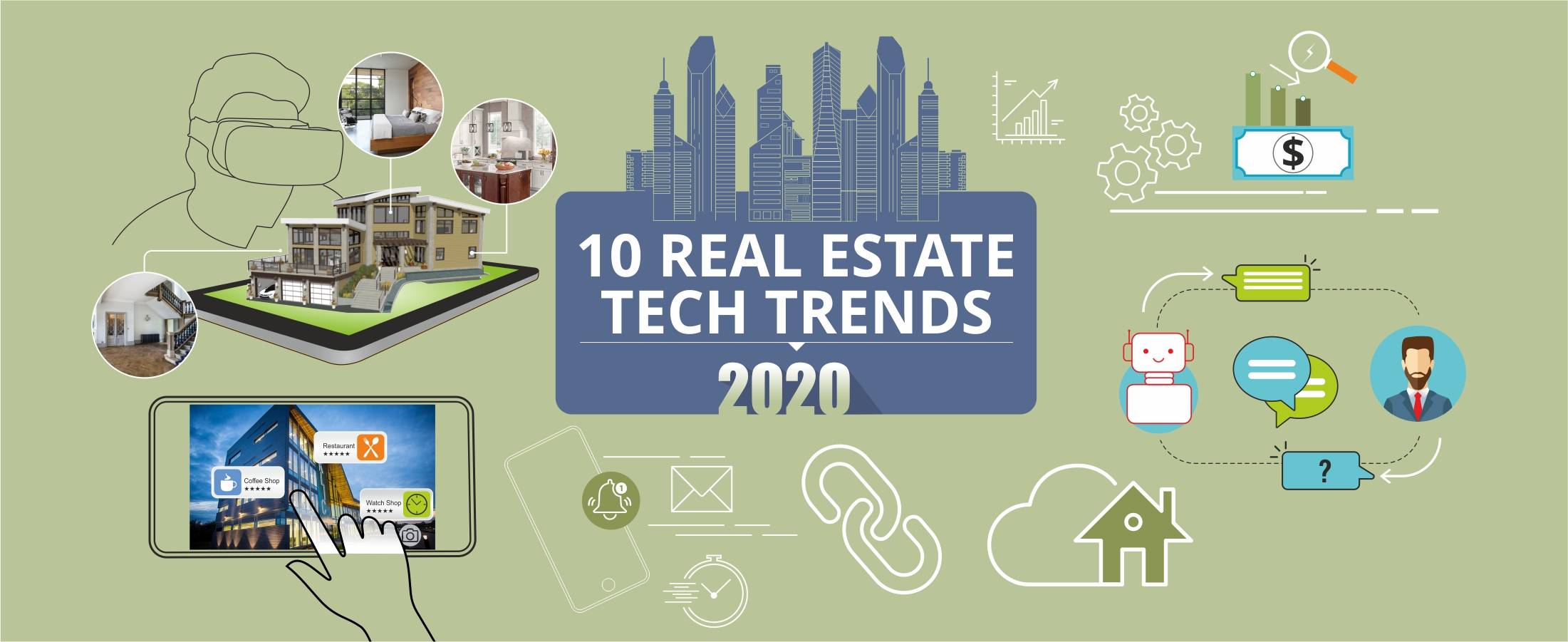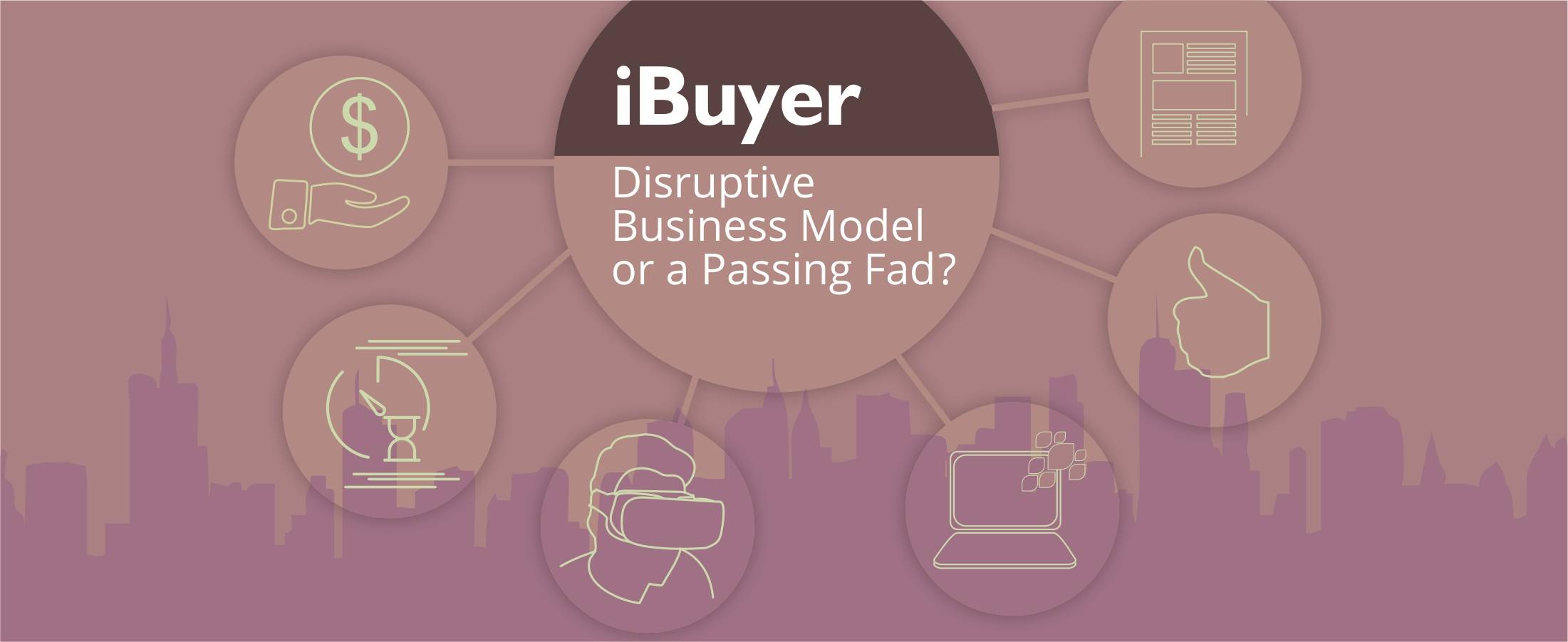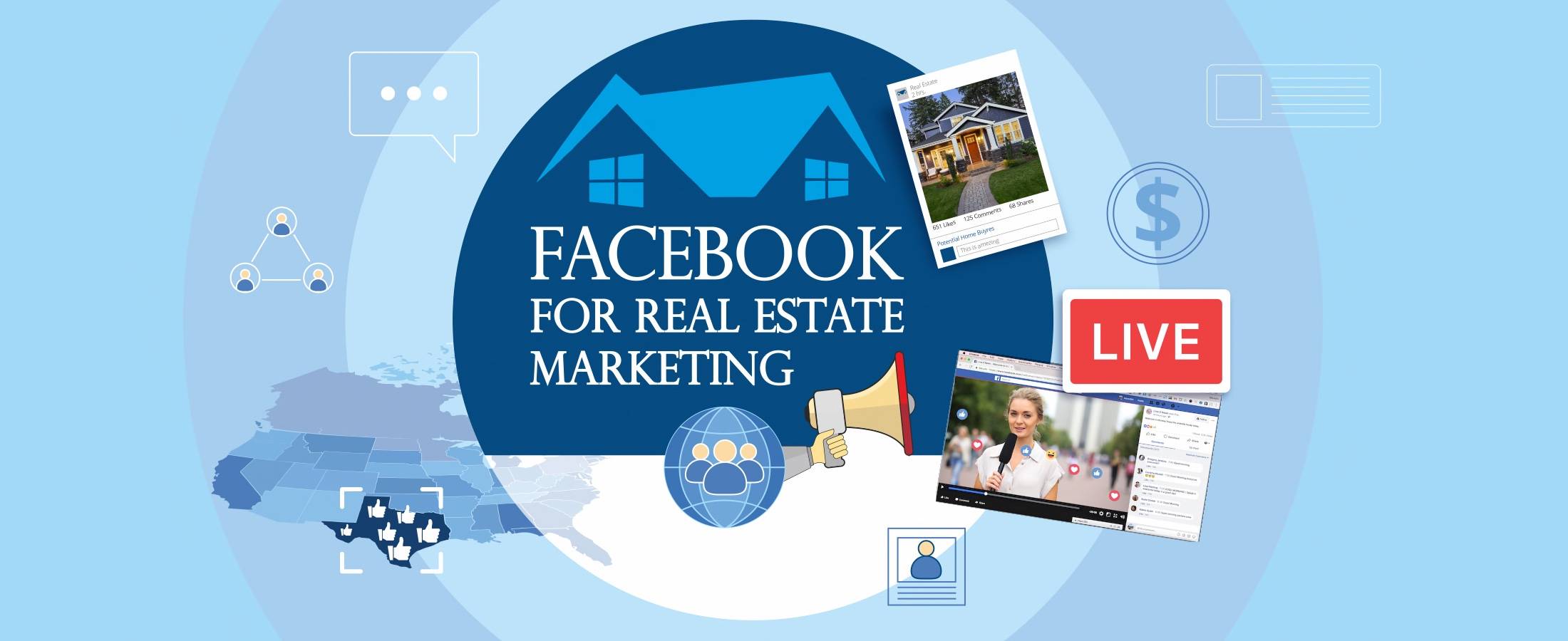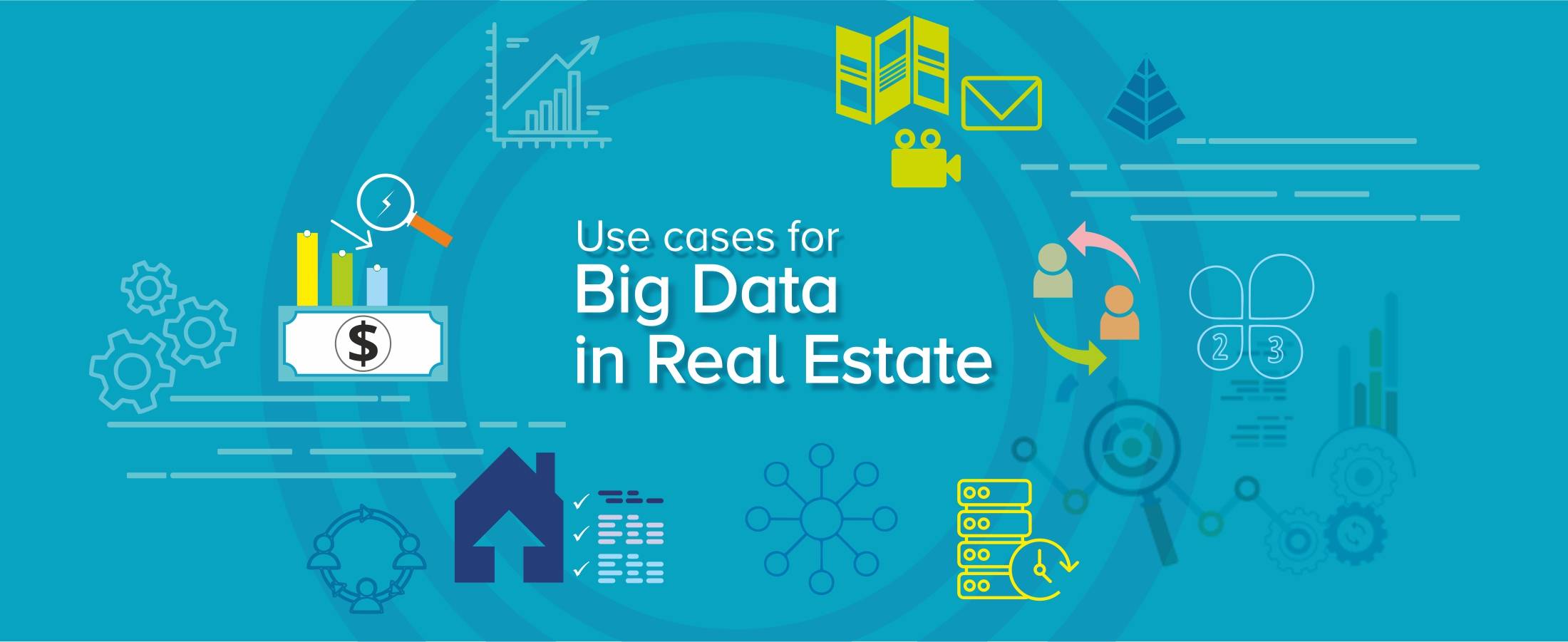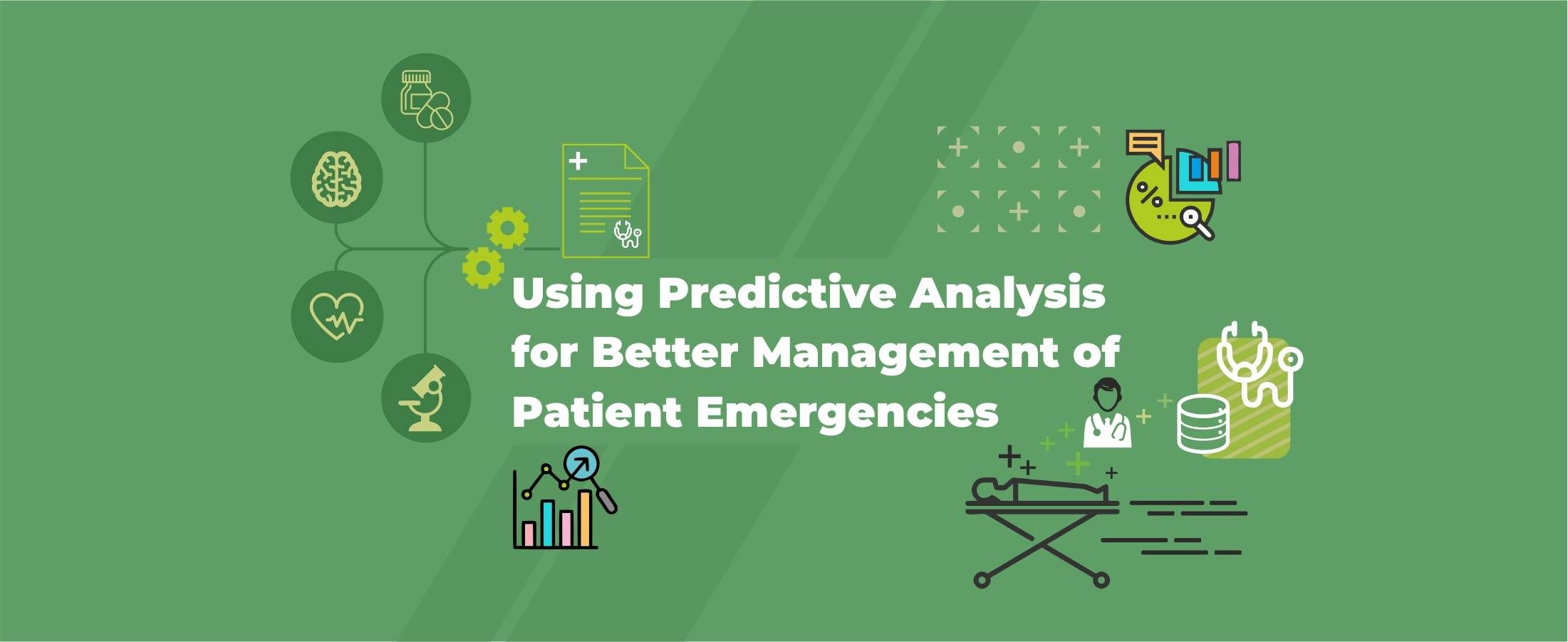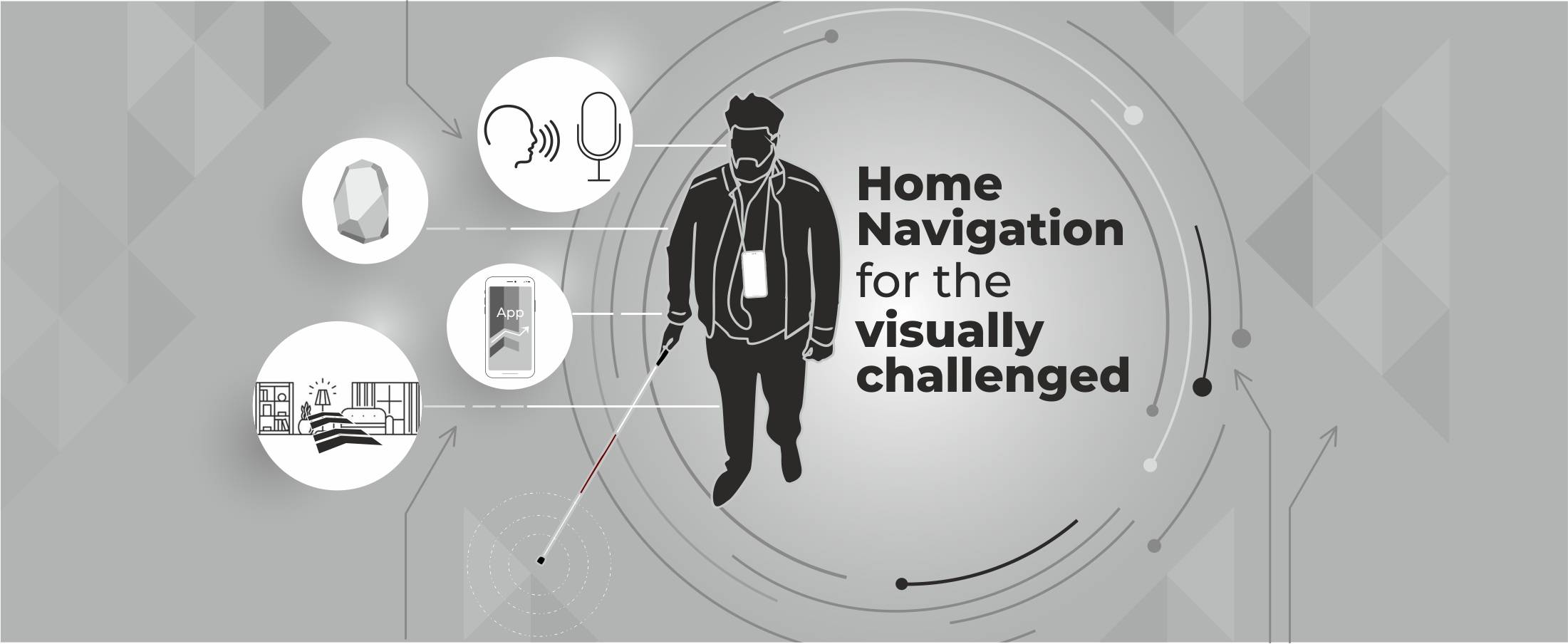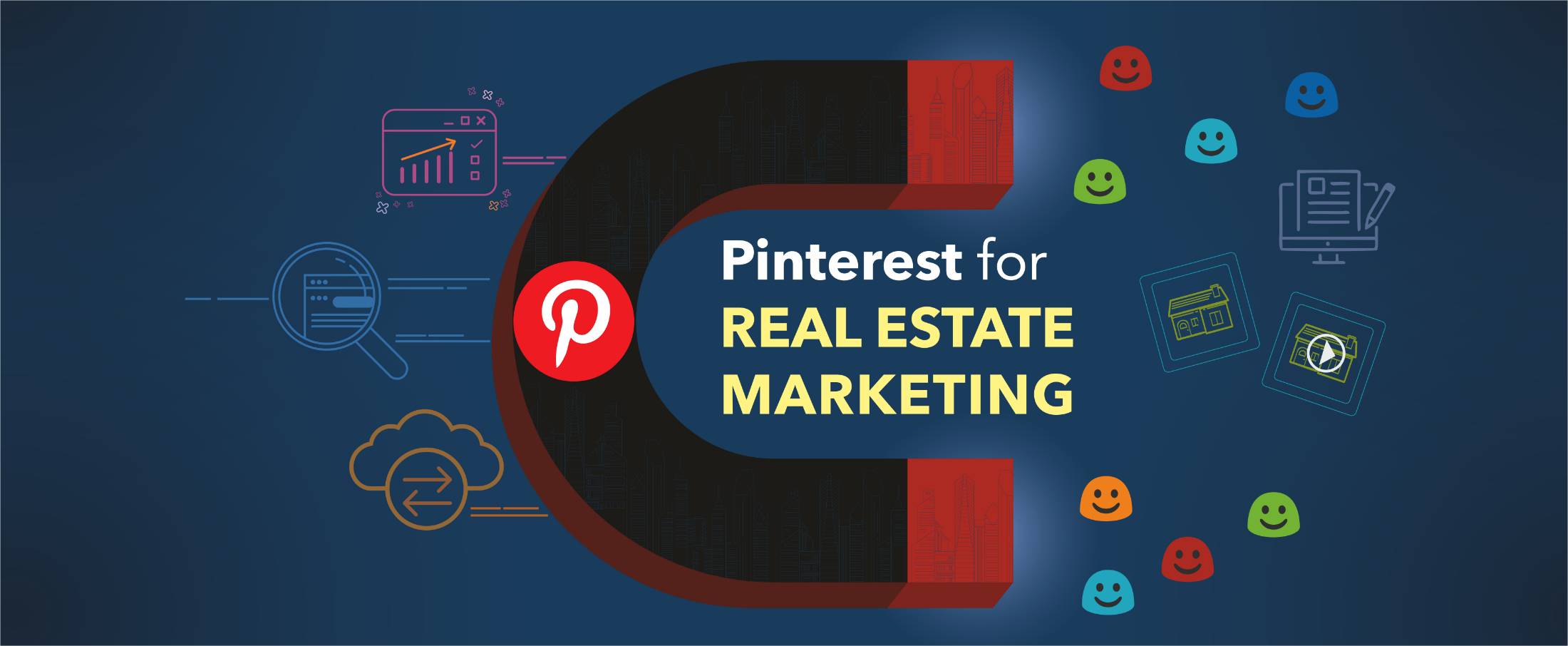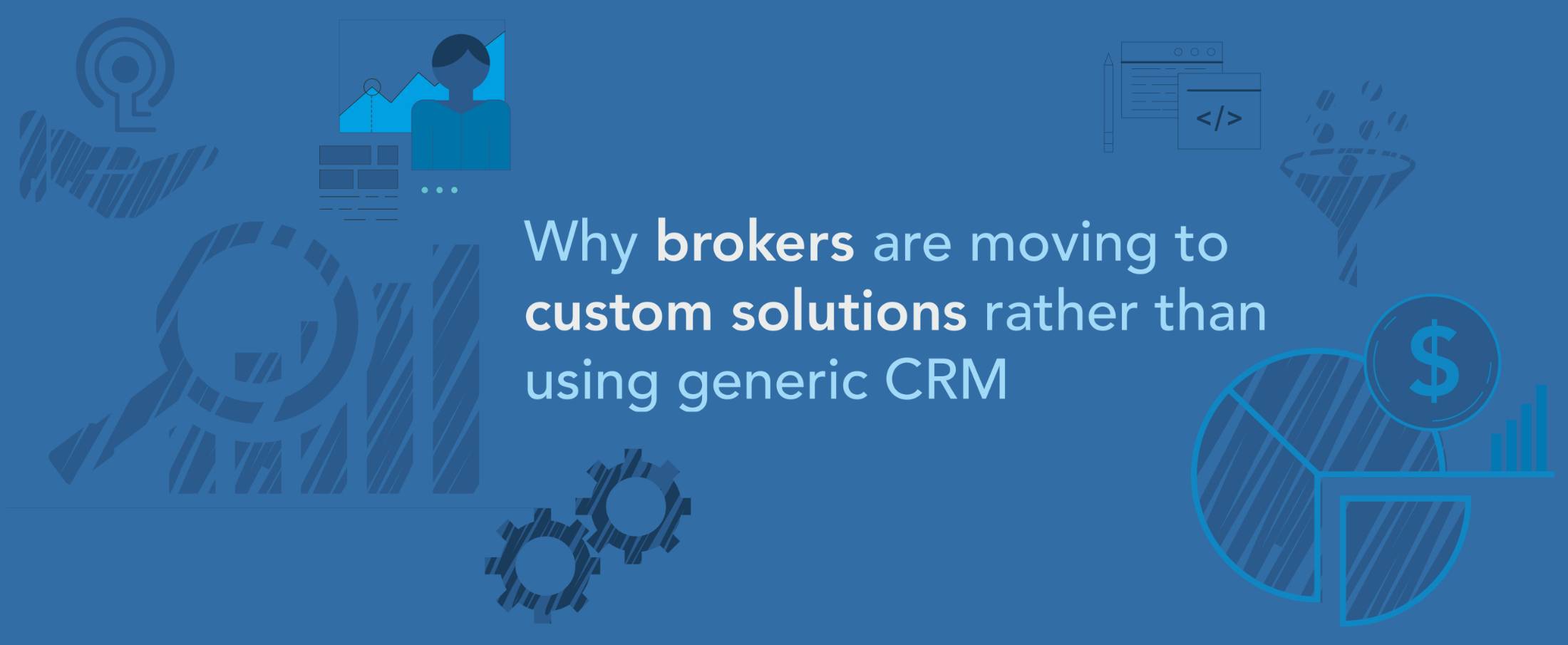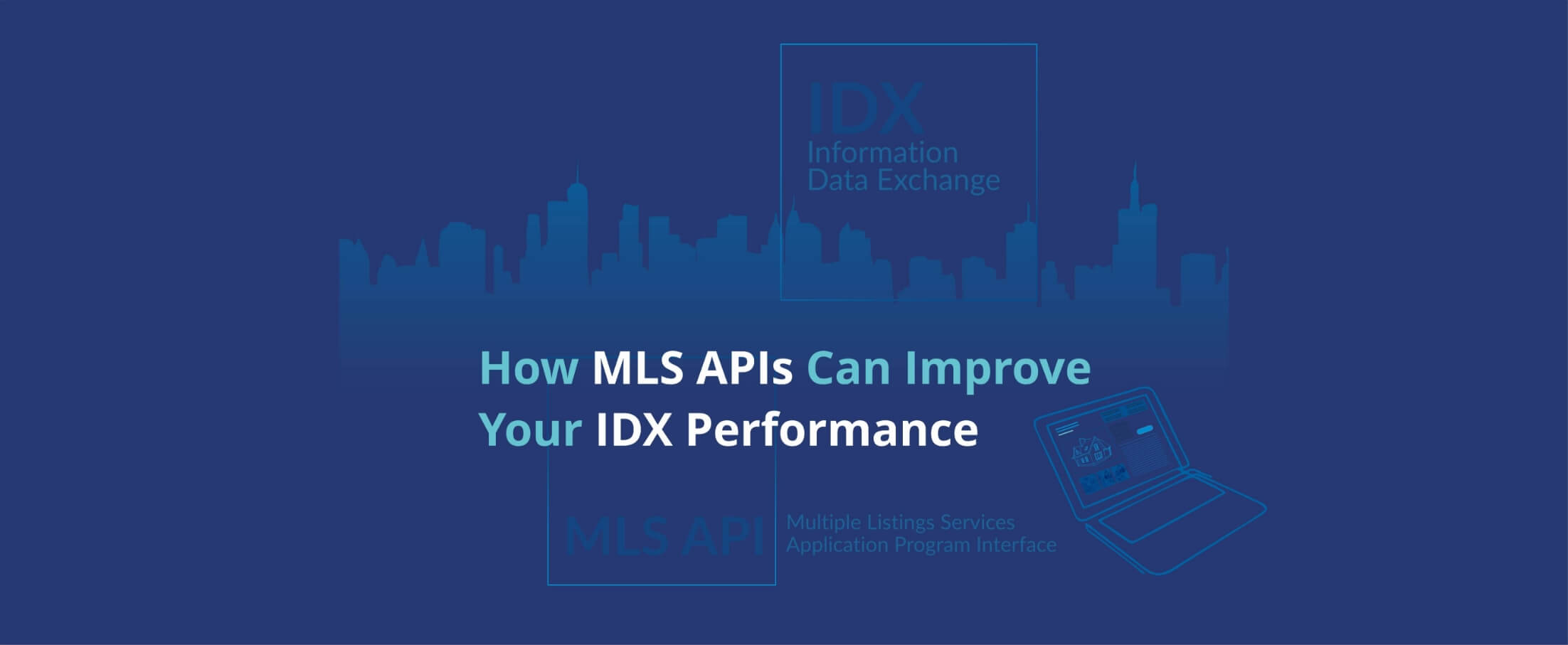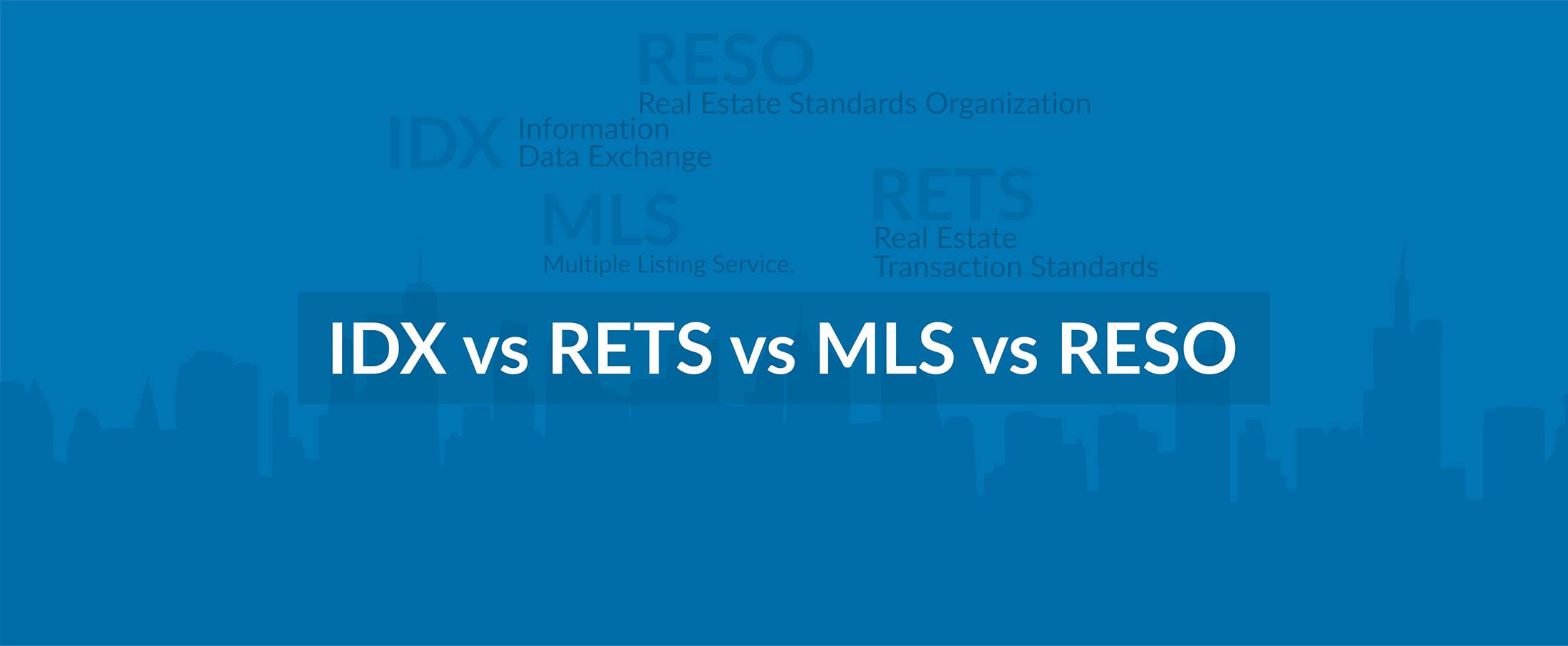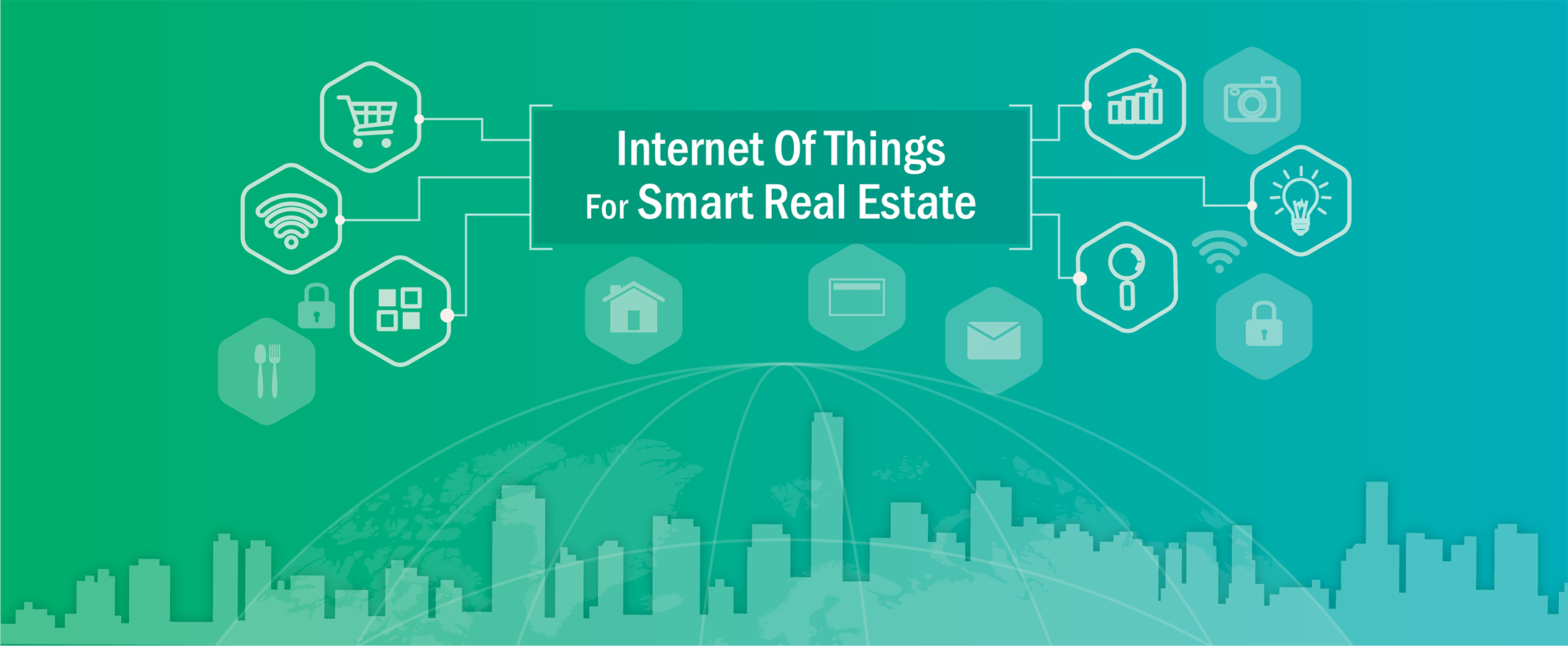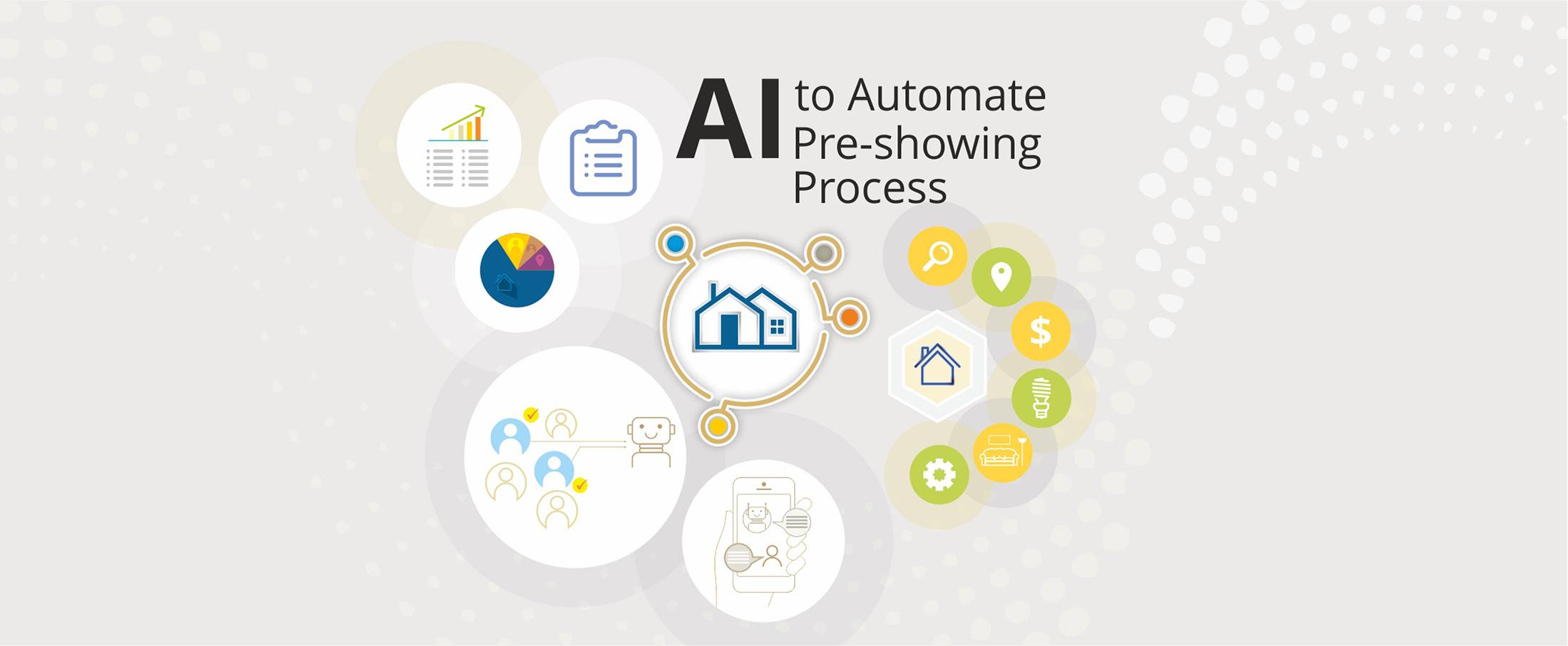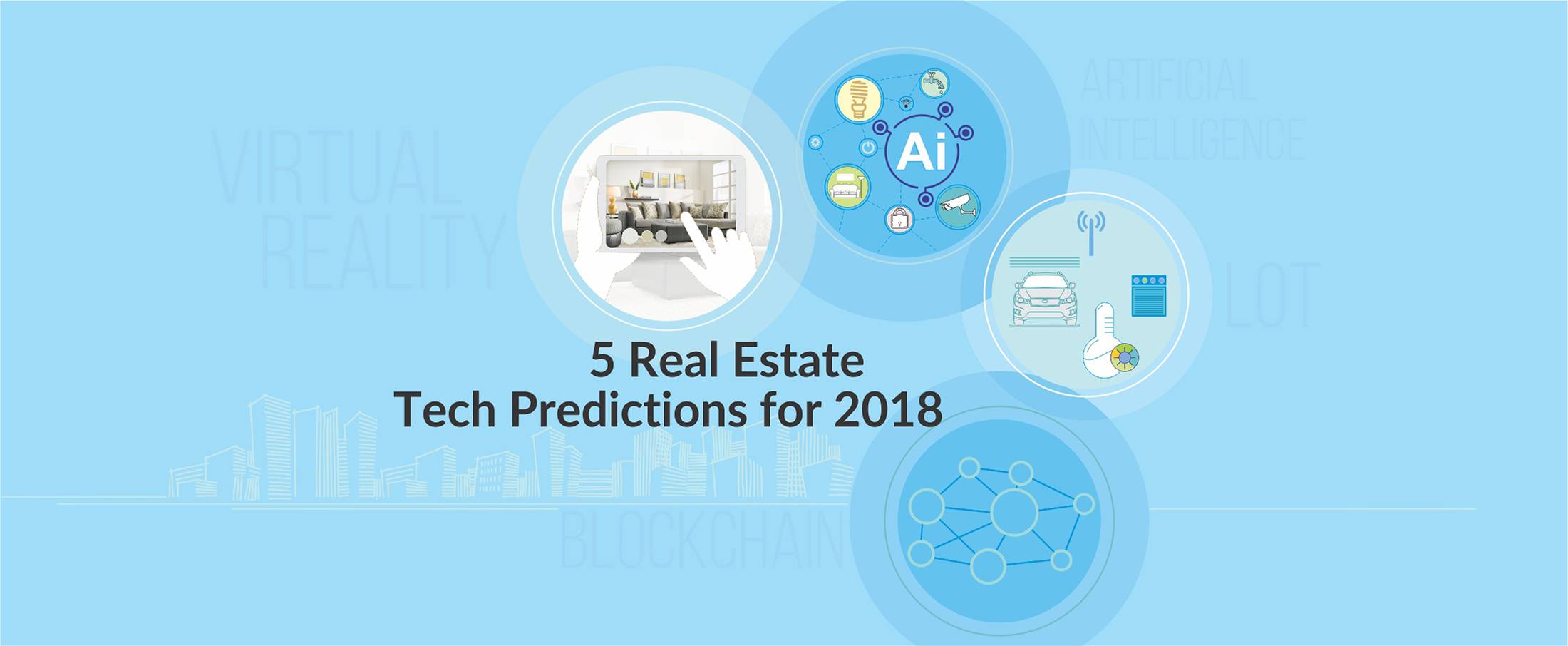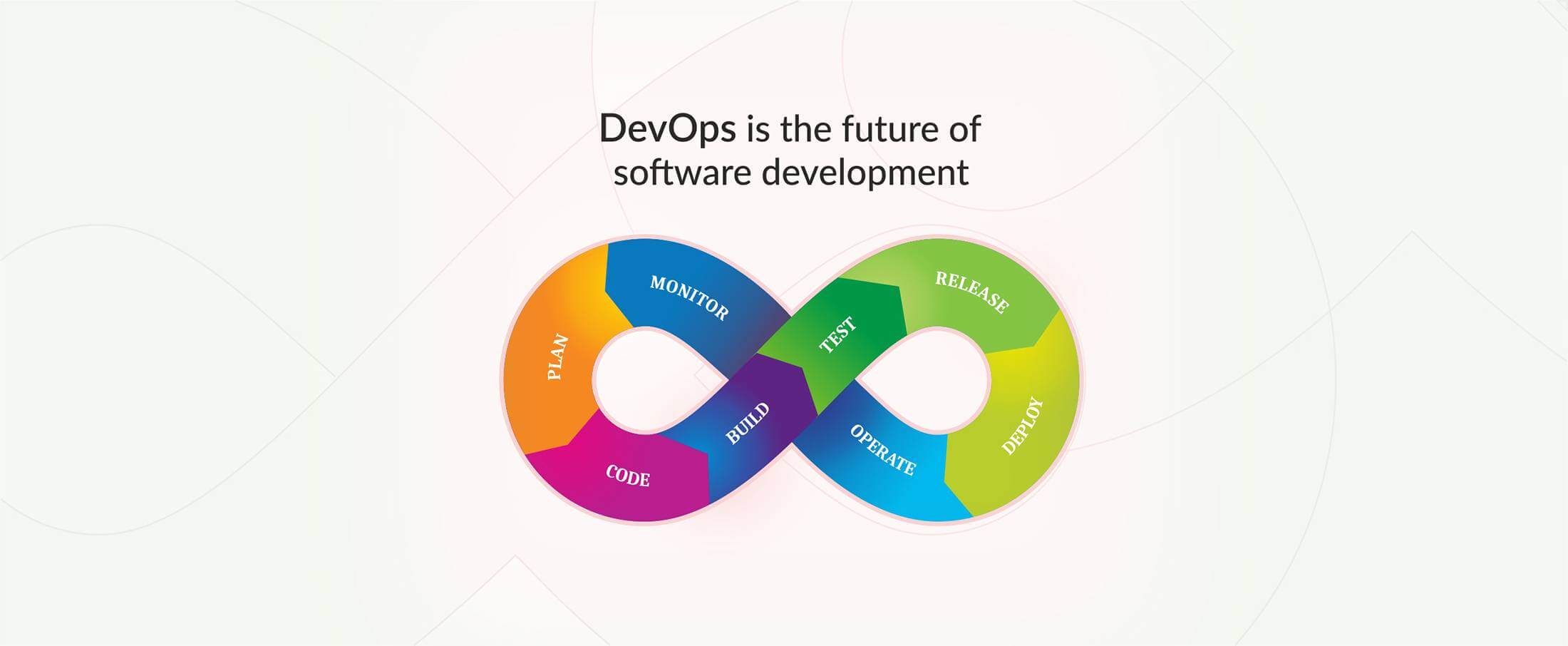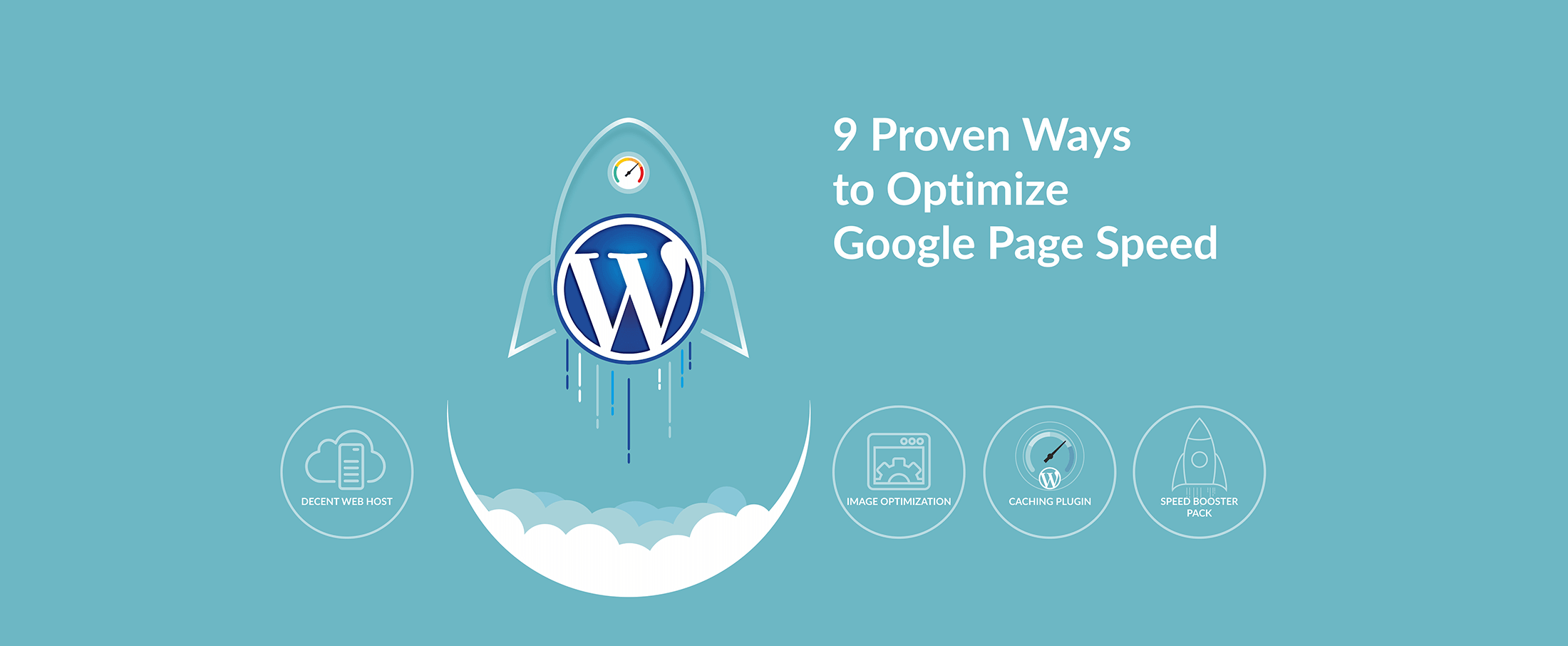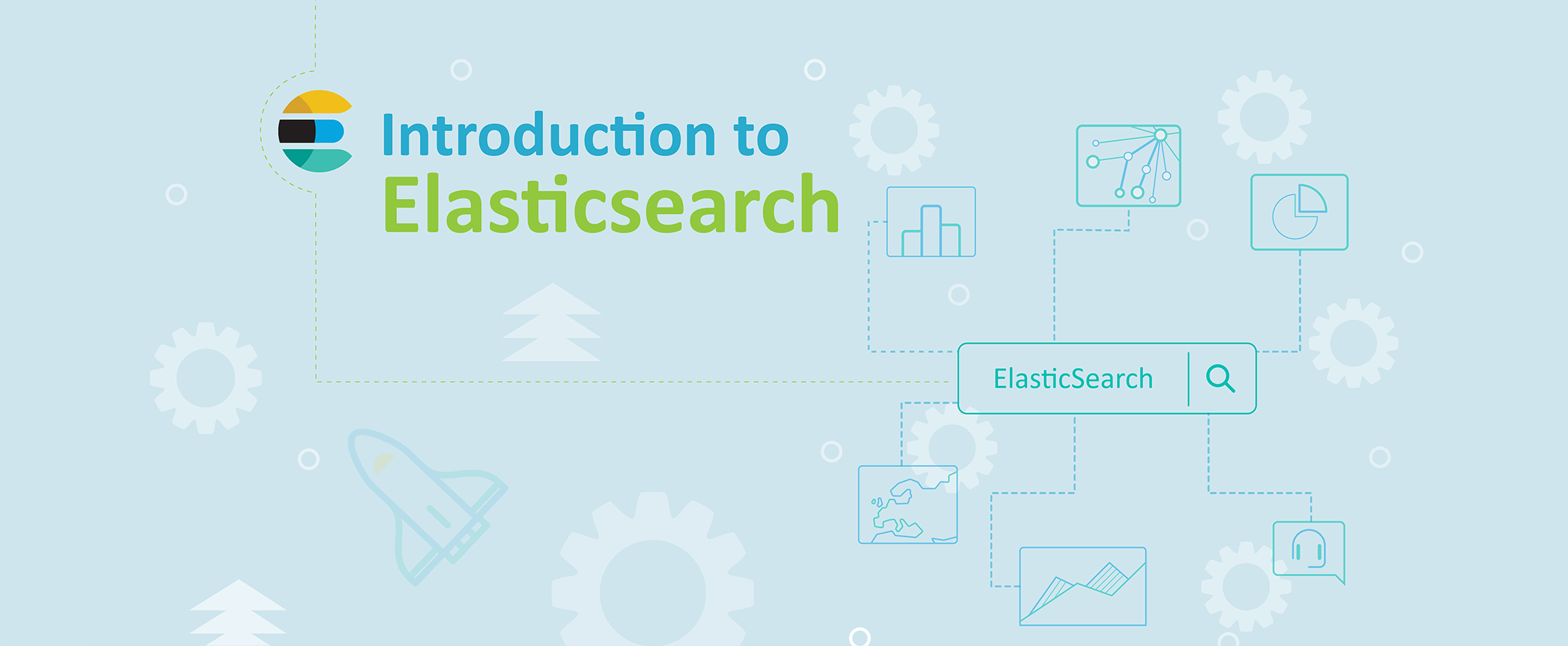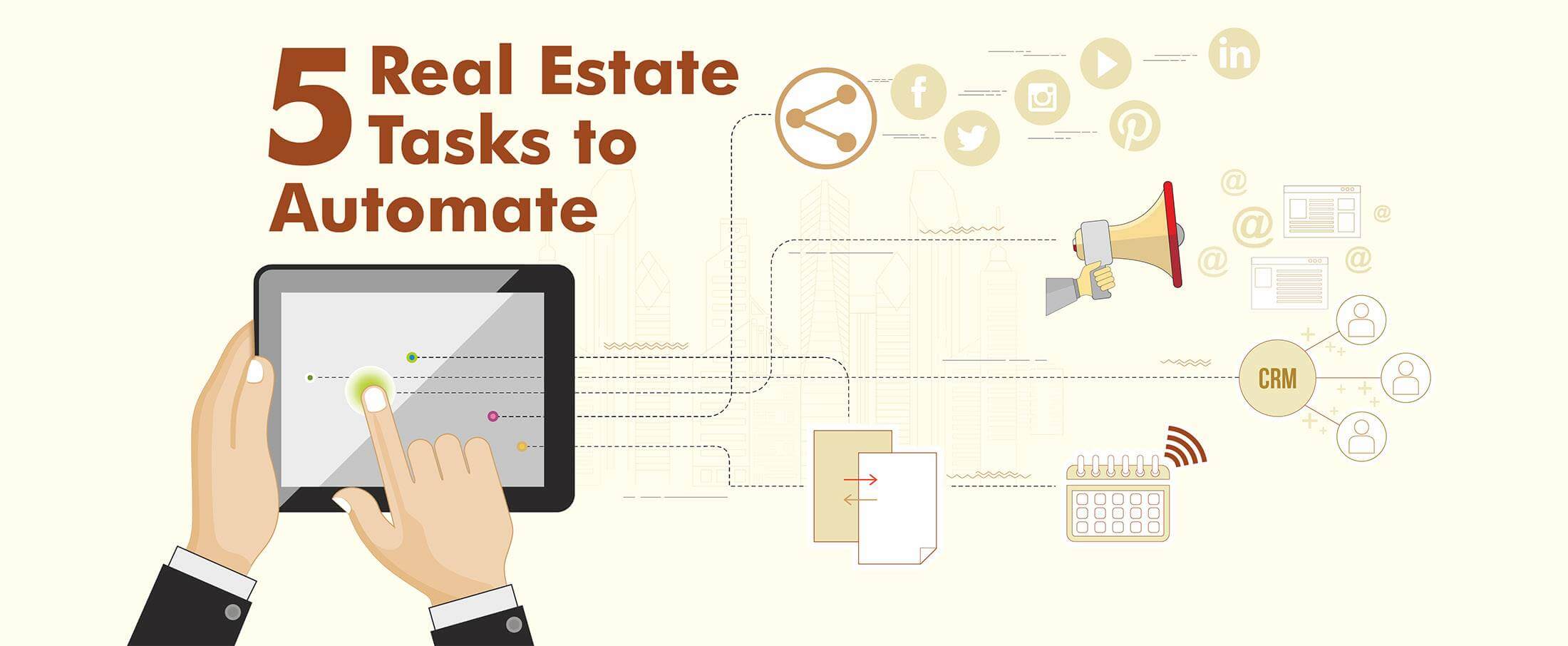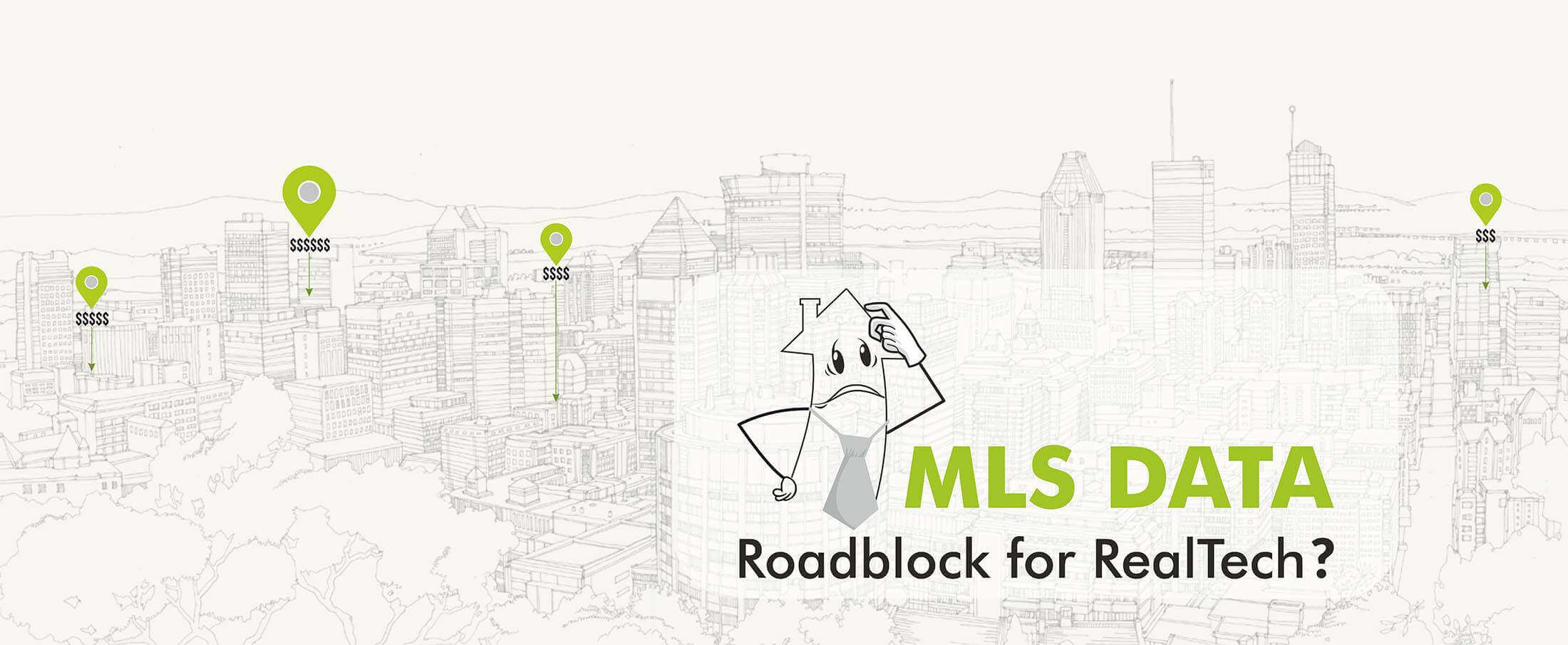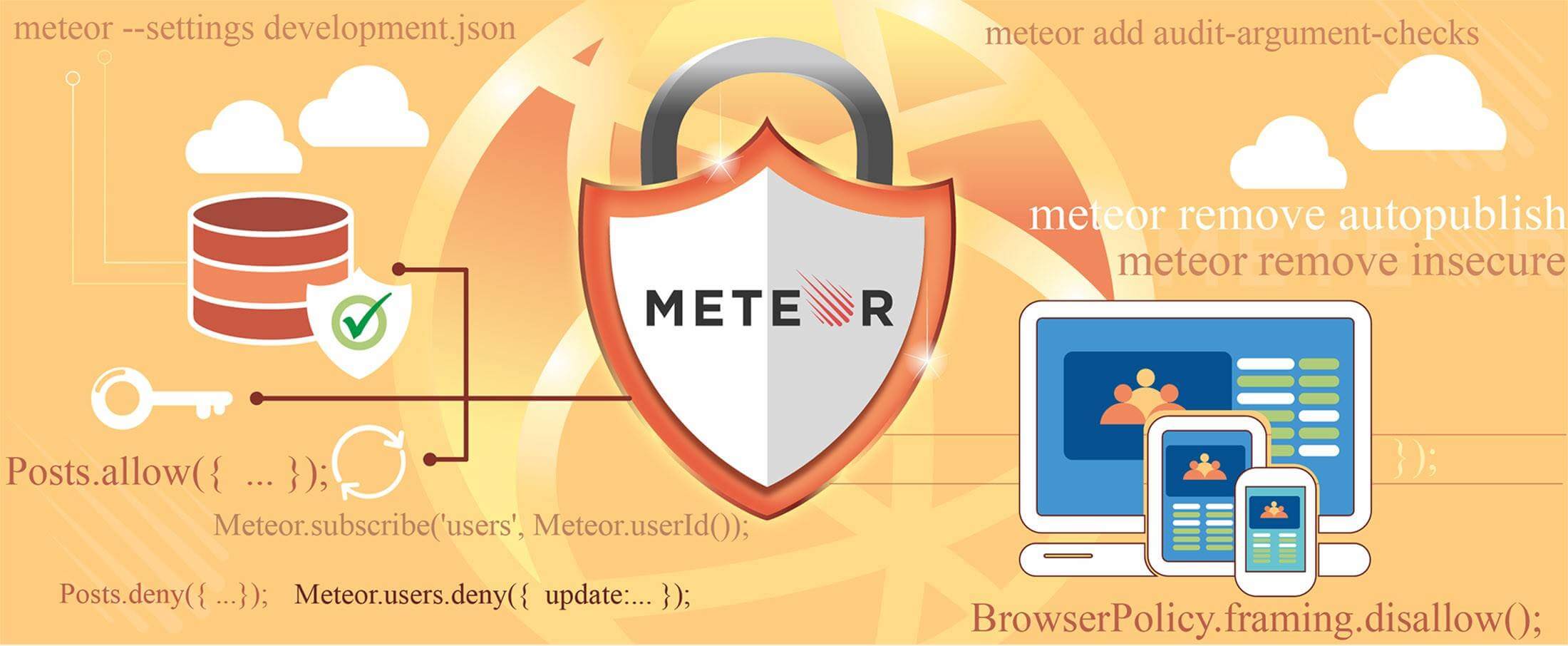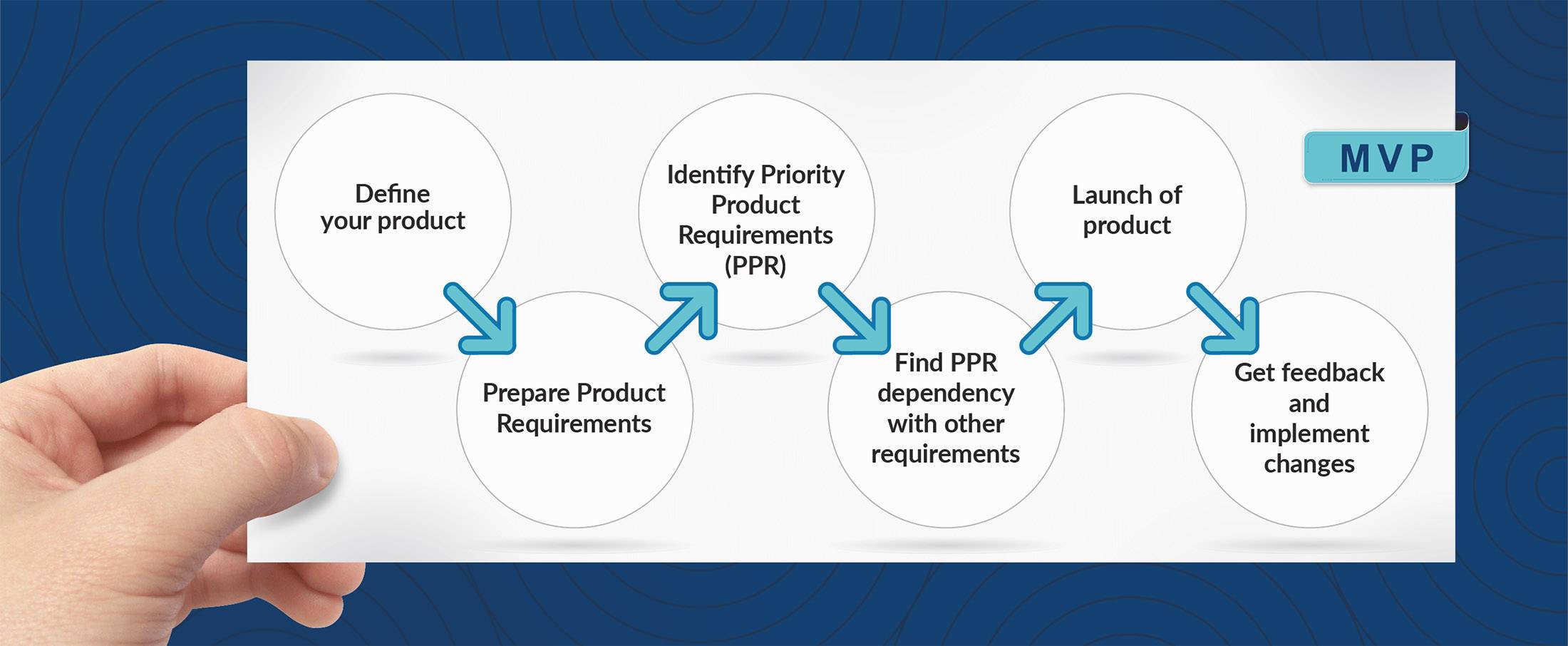Real Estate Tech Space Review 2019
Real Estate Tech Space Review 2019
Real estate market is a safe investment option with favorable returns which has made it one of the most promising sectors for investment. The growth in the real estate sector which comprises housing, retail, hospitality and commercial occurs when there is growth in the corporate environment and increase in demand for office space and urban & non-urban accommodations. The US real estate tech sector received a growth of $3 Billion in the second quarter of 2019. Even though the country was impacted at a very large scale by the housing bubble burst of 2008 but then also, at the present time, the real estate sector is the largest asset class of the country with a market capitalization of nearly $16 Trillion.
Evolution of the real estate tech space in the US
The real estate tech sector in the US has undergone rapid changes in the last few years which is evident by the interest shown by venture capitalists in the real estate tech sector, which has WeWork and Airbnb as one of the largest companies in the US in real estate tech space. The investment in real estate tech space has grown manifold from around $33 million dollars’ worth of investment in 2010 to a staggering $5 billion investment in the year 2017.
While some players have been completely focused on the residential part of the market, others have involved themselves completely with the commercial property business. All in all, the technological innovations in the real estate sector have ultimately simplified the process of how one looks out for a property and is beneficial for the end-consumers as well.
Although the real estate market is not open to everyone, but there have been certain technological innovations that have started gaining momentum in this industry, such as: –
- Blockchain Real Estate – This is one of the newest technologies to enter this market and is now being used for tasks like preparing smart contracts, tokenization etc. Smart contracts are automated contracts to be used for buying and selling the property where the buyer will be in direct contact with the supplier and there will be no middlemen required. Tokenization will allow fractional ownership, so instead of a single person owning the complete property, tokens can be given wherein each token holder will be a co-owner of the property.
- Augmented Reality: – It is another technology that has impacted the real estate market as well. It has changed the way suppliers market their property and how buyer’s checkout the complete property before coming to a decision. Companies have their own AR apps, and they provide a complete description of the property under development.
- Virtual Reality: – VR has been able to change the way a prospective tenant or buyer, living somewhere else can check out the complete property before deciding to rent or purchase it. In most cases, if someone is living at a distant place from the property, it will be difficult for them to visit the property in the normal viewing hours to get the look and feel of the property. By using virtual reality, one can literally get a complete walkthrough of the house while they are sitting at their home, hundreds of miles away. Read more on 3D Home Tours.
- Machine learning: – Artificial Intelligence applications in the real estate market are helping the sellers and buyers understand how the price of the property changes with time and what can be the ROI over time for buyers if they buy a property immediately. By using machine learning for their transactions, the real estate agents will be able to make accurate predictions for what properties will sell for, how much money their clients will be able to make as well as how much they can earn via commissions.
- Big Data: – Adding a personal touch to a product will always attract a customer. Big data is being used to personalize the marketing and advertising of the product and directly impact the buyer by providing more intelligent recommendations. Since so much data about any individual is available online, it can be used in the real estate industry to accurately predict what kind of property a homebuyer would want as soon as they go in search of a property. Read more on Use cases for Big Data in Real Estate.
Real estate sector as well as the real estate tech sector has undergone significant changes in the previous years, and this trend is only slated to rise. As money is flowing into the market, it is ready for some new entrants who can bring about innovative changes in this industry and build upon as well as improve the work already done by the current leaders in the industry.
- 2019
- PropTech
- Real Estate
- RETech
- Tech Trends
Mobifilia
29 January 2020
